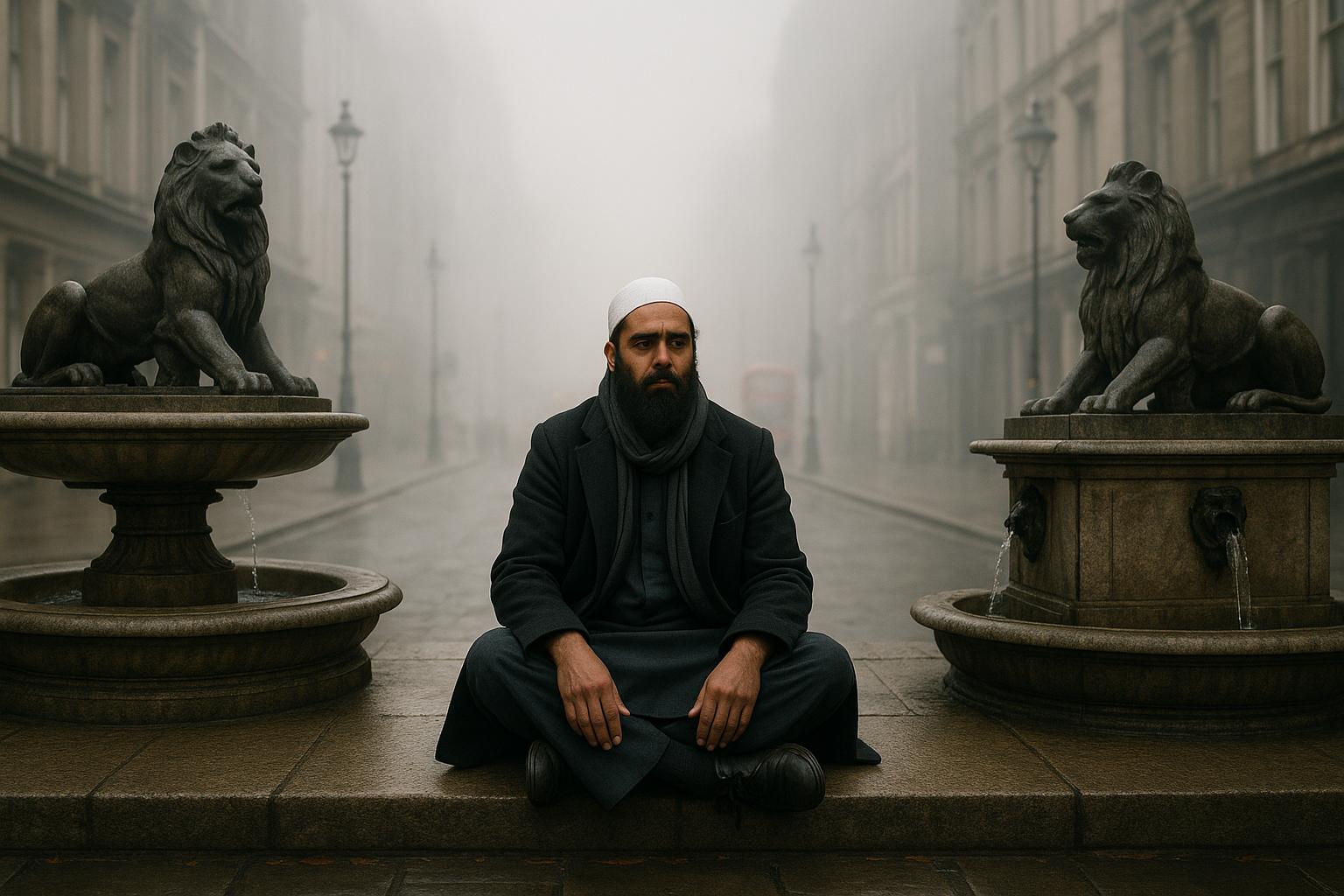A modest terraced house in East London, seemingly unremarkable, houses the Islamic Sharia Council, a significant institution for many Muslim Londoners. Established in 1982, this council is one of at least five similar bodies operating across the capital that provide rulings on disputes related to family matters such as marriage and divorce. These decisions, though informal and without legal standing under English law, place the council at the centre of a contentious debate about the role and influence of Sharia law in Britain.
This debate recently escalated after U.S. President Donald Trump used a speech at the United Nations General Assembly to claim that London, under Mayor Sadiq Khan, is moving towards adopting Sharia law. Trump described Khan as a "terrible mayor" and suggested that London's governance had changed to accommodate Islamic law. However, these comments, widely dismissed as unfounded and inflammatory, sparked sharp criticism. The Mayor's office branded Trump’s remarks as "bigoted" and stressed there was no evidence that London intends to adopt Sharia law officially. Khan himself called Trump "racist," "sexist," "misogynistic," and "Islamophobic," highlighting the long-standing tensions between the two figures. Khan emphasized London’s multicultural success and dismissed the president's statements as baseless provocations.
Sharia law, derived from Islamic texts such as the Quran and the hadith (sayings of the Prophet Muhammad), guides religious and personal conduct for many Muslims worldwide. In the UK, Sharia councils provide religious guidance and rulings specifically on civil issues like marriage, divorce, and inheritance but have no authority over criminal law. A 2017 Home Office review identified approximately 85 such councils operating across the UK, with London described as a major hub alongside cities like Birmingham and Bradford. Yet some experts believe this number may be an underestimation, as many councils operate informally, often within mosque premises.
Despite their lack of legal force, concerns persist that these councils represent a parallel system of adjudication that can conflict with English legal principles, particularly regarding gender equality. A 2020 House of Commons Library report found evidence that some councils have operated in ways discriminatory to women, including charging wives fees to obtain divorces, while many women without formal legal marriage ceremonies lack strong civil protections. These concerns have prompted calls for greater oversight, though defenders argue these councils merely serve as religious arbiters without legal power.
The influence of such religious rulings in wider UK legal decisions remains limited but occasionally controversial. For example, in a high-profile case last year, a High Court judge referenced a fatwa—a Sharia legal opinion—when deciding on medical treatment for a critically ill child. Though the judge clarified the fatwa itself was only a "valuable restatement" and not a legal determinant, secular campaigners expressed concern about religious legal opinions gaining tacit recognition in English courts.
The recent UN speech by Trump also ties into broader anxieties about the place of religion, particularly Islam, in British public life. His remarks came shortly after a provocative incident where Hamit Coskun, a protester in London, was convicted of a public order offence following the burning of a Quran. The conviction, on grounds of hostility towards Muslims, was seized upon by free speech advocates who argued it indicated an unofficial blasphemy law. Further controversy followed when a Muslim man who attacked Coskun with a knife was spared jail, leading to claims that violent reprisals against such protests were being tacitly condoned.
The dispute between Trump and Khan is emblematic of a larger cultural and political clash. Trump’s rhetoric tends to invoke fears around migration and cultural change, which some perceive as dog-whistles for Islamophobia. Khan, as London’s first Muslim mayor, represents a symbol of diversity and inclusion, standing in stark contrast to Trump's populist and nationalist tone. While Nigel Farage, leader of Reform UK, downplayed Trump’s claims as exaggerated, acknowledging Sharia-related issues may exist but are not systemic or encouraged by city leadership, the debate continues to polarize opinions.
Though London's Sharia councils remain a niche and contentious feature within an overwhelmingly secular legal framework, their existence and the rhetoric around them reveal ongoing tensions in Britain’s multicultural society, the limits of religious accommodation, and the politicisation of Islamic law in public discourse. The episode underscores the need for clear legal boundaries, protections against discrimination, and careful, evidence-based public discussions about the role of religion and cultural identity in the UK.
📌 Reference Map:
- Paragraph 1 – [1]
- Paragraph 2 – [1], [3], [4], [5], [6]
- Paragraph 3 – [1]
- Paragraph 4 – [1]
- Paragraph 5 – [1]
- Paragraph 6 – [1]
- Paragraph 7 – [1], [2], [3], [4], [5], [6], [7]
Source: Noah Wire Services
